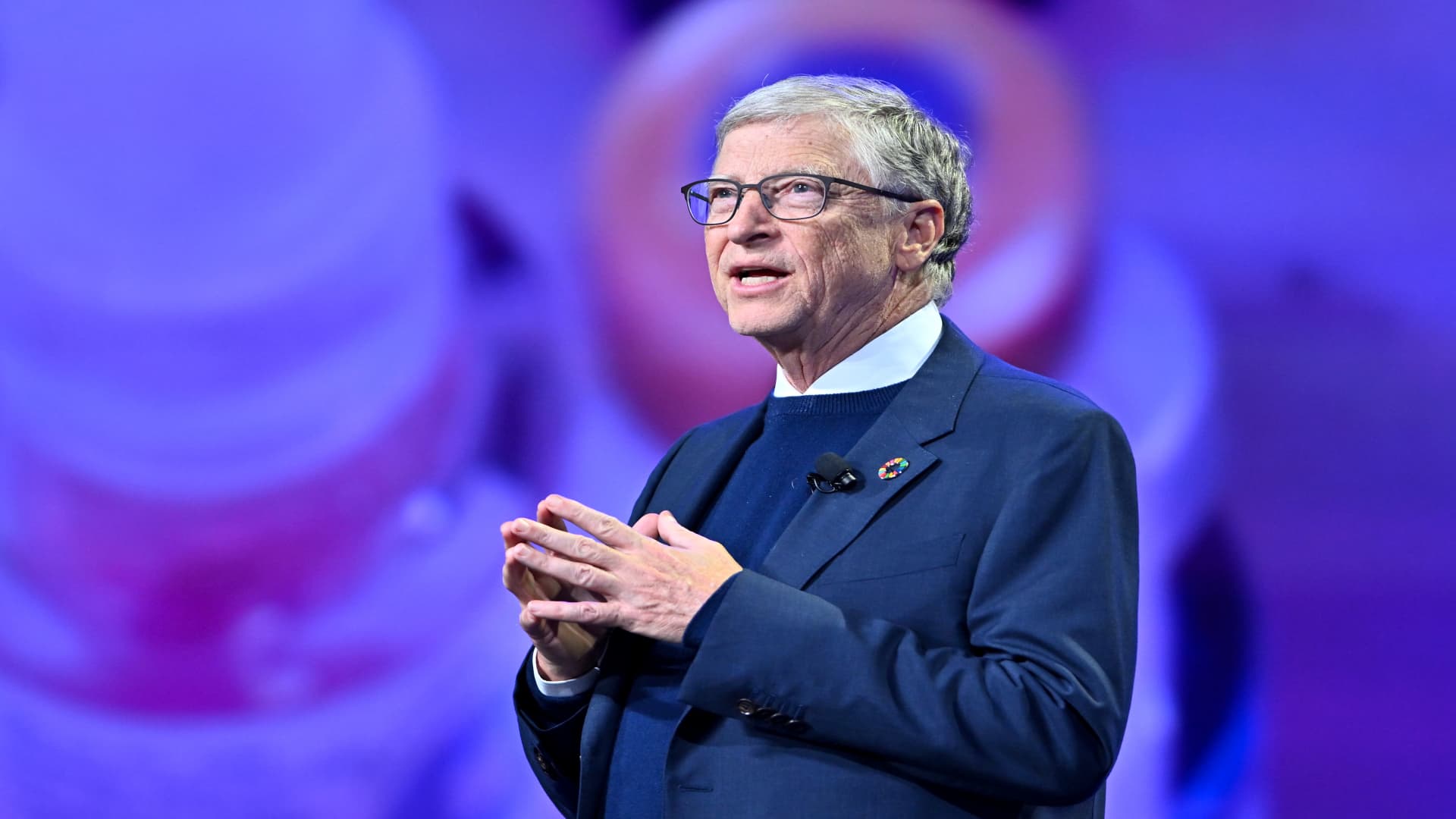The Untapped Power of Curiosity: Beyond IQ in Highly Intelligent People
Introduction: The Curiosity Quotient
Intelligence has long been measured by IQ scores, but recent research suggests that curiosity might be the true driver of intellectual prowess. Highly intelligent individuals, from historical figures like Leonardo da Vinci to modern innovators like Bill Gates, share a common trait: an insatiable curiosity. This drive to explore, question, and understand the world goes beyond traditional measures of intelligence, fostering continuous learning and innovation.
The Curiosity Quotient: A New Measure of Intelligence?
IQ tests assess logical reasoning, spatial awareness, and other cognitive abilities, but they often overlook curiosity. Neuroscientist Dr. Tara Swart argues that curiosity is the defining characteristic of highly intelligent individuals. It fuels cognitive growth, enabling people to connect ideas, identify patterns, and develop innovative solutions.
Leonardo da Vinci exemplifies this trait. His notebooks reveal a mind constantly seeking to understand the world, exploring fields like anatomy and engineering. His relentless pursuit of knowledge, far beyond formal education, highlights the power of curiosity in shaping intelligence.
Embracing the Unfamiliar: Stepping Outside the Comfort Zone
Curiosity isn’t just about acquiring information; it’s about engaging with the unfamiliar. Highly intelligent people actively seek new experiences, ideas, and perspectives, challenging their assumptions and developing a nuanced understanding of the world.
Steve Jobs embodied this spirit of inquiry. He encouraged a mindset of continuous exploration, questioning everything and seeing possibilities where others saw limitations. This approach fueled his relentless pursuit of innovation, demonstrating how curiosity can drive intellectual growth.
Beyond Rote Memorization: The Power of Active Learning
Traditional education often prioritizes memorization, stifling curiosity and independent thinking. Highly intelligent individuals, however, are active learners who question, analyze, and synthesize information, integrating it into their existing knowledge.
Bill Gates exemplifies this active approach. His voracious reading habits and commitment to lifelong learning allow him to stay at the forefront of technological innovation. By engaging deeply with ideas and drawing connections to his own experiences, he fosters a deeper understanding of complex subjects.
The Interplay of Curiosity and Cognitive Abilities
Curiosity operates in concert with other cognitive abilities. Highly intelligent individuals possess strong working memory, excellent pattern recognition skills, and adept problem-solving abilities. Curiosity fuels the desire to explore, while these other skills provide the tools to navigate the world’s complexities.
The Misconception of Genius: Beyond High IQ
High IQ is not synonymous with genius. Lewis Terman’s study of gifted children revealed that exceptional achievement requires more than cognitive ability. Creativity, perseverance, and curiosity are crucial factors that distinguish geniuses from the rest of the population.
Figures like da Vinci, Gates, and Jobs were not merely blessed with high IQs; they cultivated a mindset of relentless curiosity. This trait propelled them to explore new frontiers, challenge conventional wisdom, and create lasting legacies. Their intelligence was a dynamic process, constantly evolving through their thirst for knowledge.
Nurturing Curiosity: A Lifelong Pursuit
Curiosity can be nurtured and cultivated throughout life. By fostering a mindset of inquiry, embracing new experiences, and challenging assumptions, we can unlock our intellectual potential. Encouraging curiosity in others can also pave the way for a more innovative and enlightened future.
The Enduring Power of “Why?”
In a world that prioritizes answers over questions, the power of “Why?” is crucial. Asking insightful questions, challenging the status quo, and relentlessly pursuing knowledge are signs of true intelligence. By cultivating curiosity, we can unlock a world of possibilities and drive progress. The persistent “why” separates the brilliant from the bright, the innovators from the imitators, and leaves an indelible mark on human progress.

